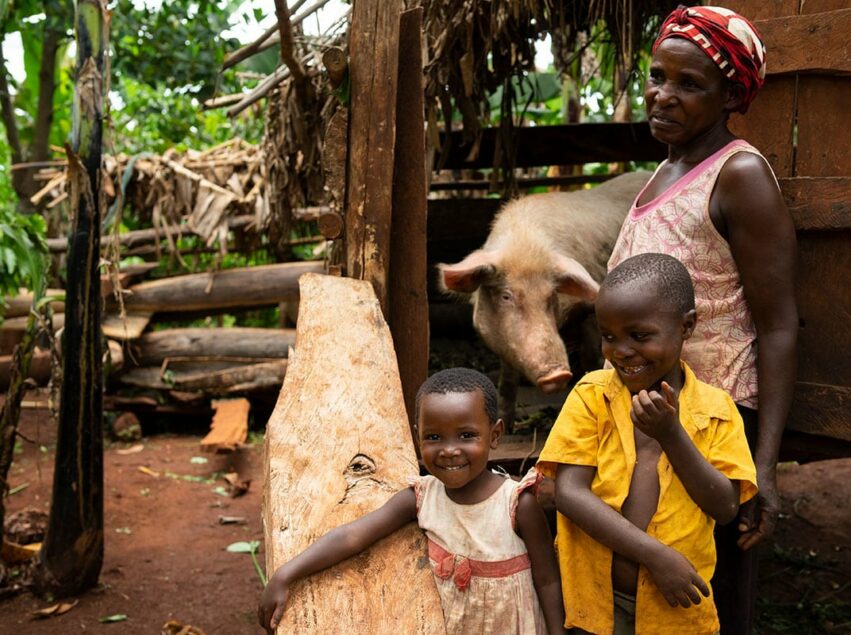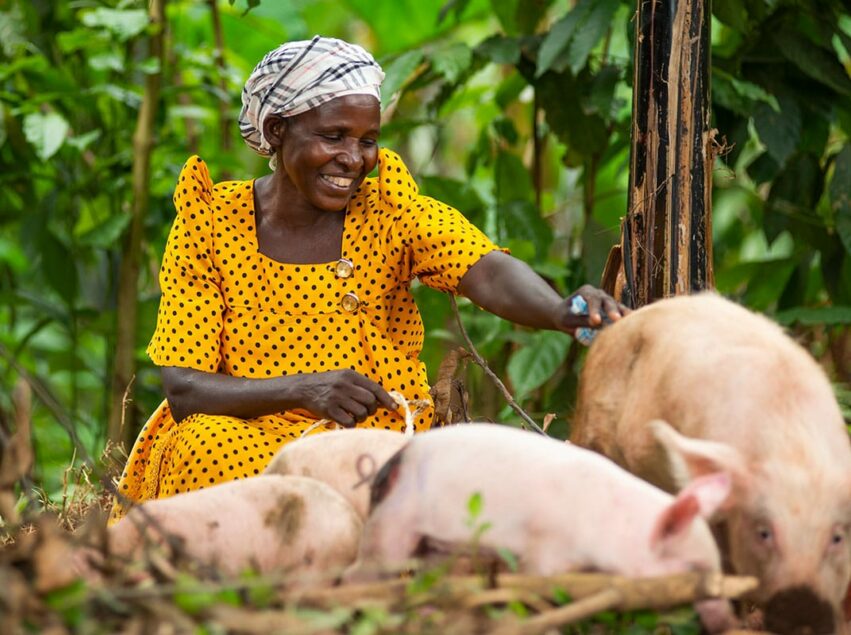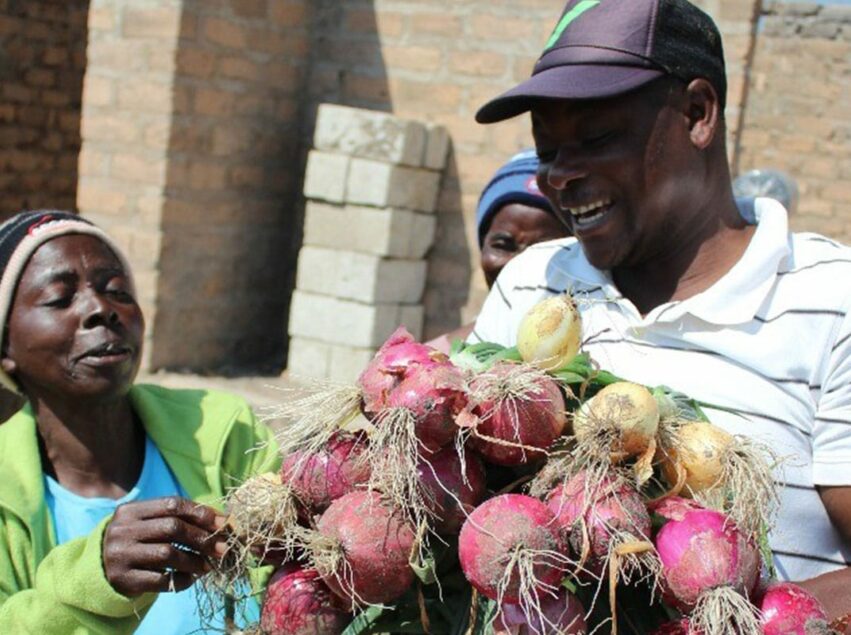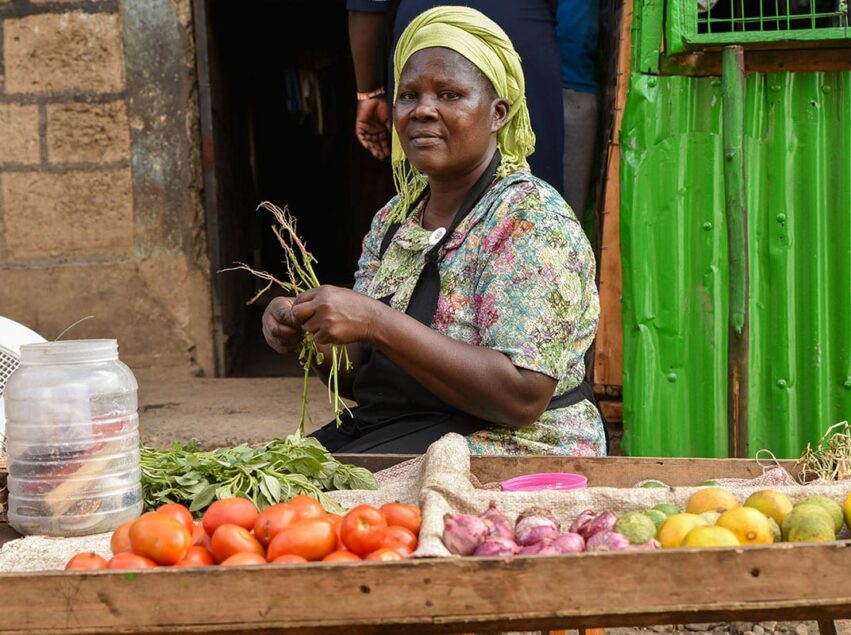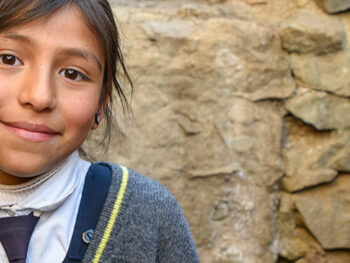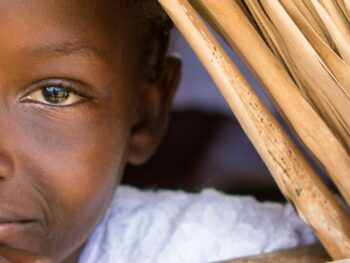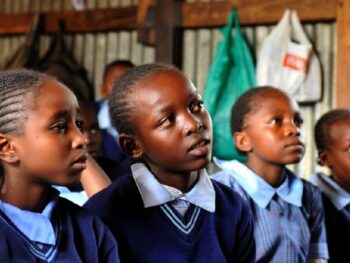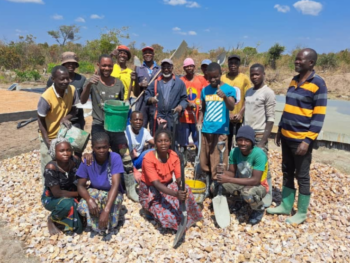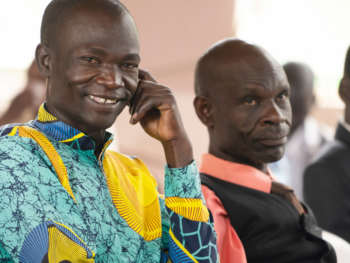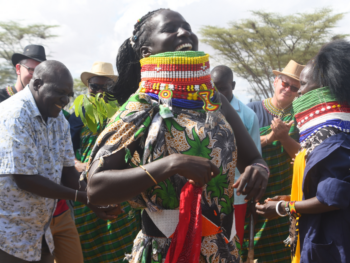
How can we help impoverished people break free from the grip of poverty so they don’t have to rely on outside aid? Hope for Tomorrow programs are designed with this question in mind.
People living in extreme poverty might have the determination to work hard, but they need training, tools, business or farming opportunities, or a loan or scholarship. Simply put, Hope for Tomorrow projects help people earn more money and promote education and vocational training.
Microfinance
“Microfinance” is big word that means “a little financial help can go a long way.” Here’s how that plays out:
Scenario 1: For most of us in the Western world, if we needed to spend $300 to invest in growing our business, it wouldn’t be the end of the world—it’s a very, very small percent of our yearly income. But if you lived off less than $1.90 a day, and already didn’t have enough food, and already couldn’t pay for your kids to go to school, saving $300 may be an insurmountable challenge because, as soon as you have a little money in your hand, you have to spend it on the next most urgent thing needed for survival.
Scenario 2: We’re working with a church in a farming community where farmers have to sell their maize harvest for rock bottom prices. However, if they could grind that maize into flour, they could TRIPLE their profits.
No-brainer: let’s help the church and community get a grinding mill so they can have a business—a reliable source of income generation—and the farmers who come to them for grinding can make a lot more income too.
So, our microfinance programs provide opportunity for churches and individuals to get the boost that they need to take a step out of poverty.
We do this in various ways, including:
- providing grants to finance microenterprise businesses such as maize mills, bakeries, beekeeping, water bottling, fruit pulping, oil presses
- providing microloans for individuals
- community savings groups
- providing grants for churches
All these things can begin to increase a family’s financial assets, improve their livelihoods or help them get through a family crisis such as unexpected medical bills. Through these programs, families can get the starting capital needed to launch or boost income-generating activities that will help them meet basic needs like health, food, and school fees for their children.
Some of these group-oriented programs also put an emphasis on working together to invest in their communities, solve problems together, and to use some of their saved money to help community members in need.
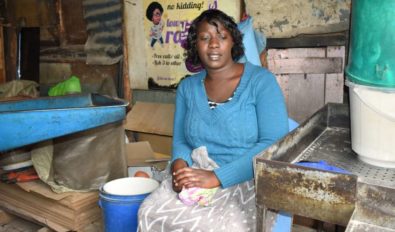
—Remmy, a Savings for Life member in Kenya
Our work
Agriculture & Animals
Let’s hear it for pig power! In a developing nation, giving someone the gift of a couple of pigs is handing them a small business opportunity with an ongoing—expandable—source of income and nutrition. The same goes for giving a family a flock of five or ten chickens.
In many rural areas where we work, small-scale farming is the main source of income and food for their families. Often, though, they lack knowledge, access to high-quality seeds, tools or irrigation equipment and techniques. They may have limited access to markets to sell their crops in as well.
For farming families, Bright Hope will provide:
- training in farming and animal rearing
- technical advice
- starter seeds
- animals
- agricultural loans
Church and school farms are also supported to help provide nutrition and extra income for their programs and ministries.
*BONUS EXPONENTIAL IMPACT: In cases of starter seeds and animals there is a really cool payback system built in. After the first season of growing crops or raising animals, the recipient “pays back” a pre-determined amount of seeds or animals that are then given to a new family so they also can increase their livelihood and nutrition. Awesome. In supporting agriculture, we see increased food security, income, and longer-term livelihood development.
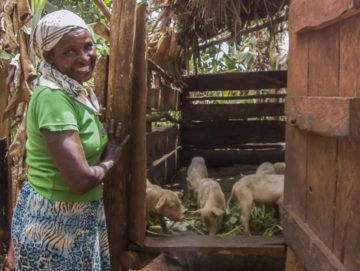
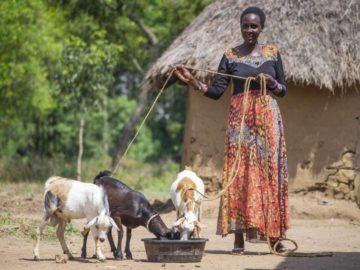
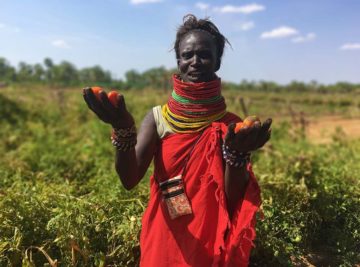
—Teddy, a single mother in Uganda
Our work
Education
You know education is important… but just how important is it? Well, it’s been noted that, in developing countries, every extra year of schooling can increase a person’s future earnings by about 10%.
That’s a big deal when we’re talking about kids who know what it means to live off less than $1.90 a day.
But we also know it’s not just about getting kids to show up for school, it’s also making sure they’re getting a quality education in a safe environment. So, we try to keep kids in school, foster quality education, and support vocational skills in various ways:
For Teachers, Schools and the Community:
- provide educational curriculum and supplies
- teacher training and workshops
- infrastructure improvements
- stay in school campaigns that raise awareness on the importance of education
- promote and organize PTA groups to increase parental involvement
- promote school gardens for better food security in schools
For Students:
- primary and secondary school scholarships --vocational scholarships
- after school programs that provide food and homework help
- “I Read a Book” literacy incentive program
- peer-to-peer mentoring
- life skills workshops for children
- computer learning center
It’s thought that if all the students in low-income countries could attain basic reading skills, that about 170 million people could be lifted out of poverty—reducing the global rate by 12%! So, yeah, it’s that important… bring on the books!
—Shariff, literacy program participant
Our work
Stories of Hope and Transformation

